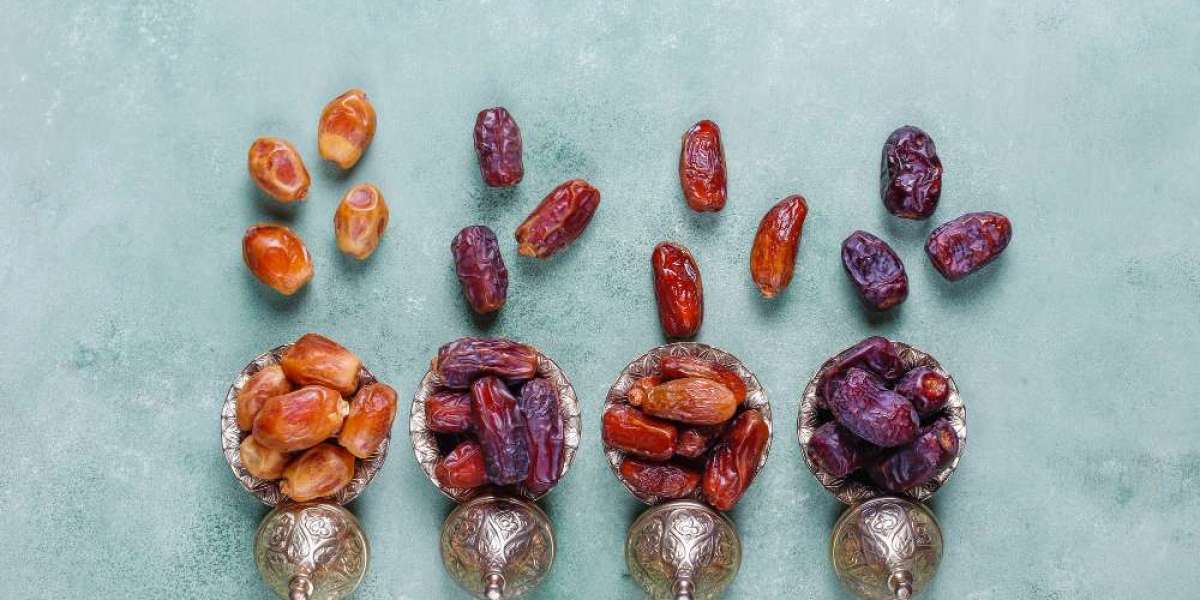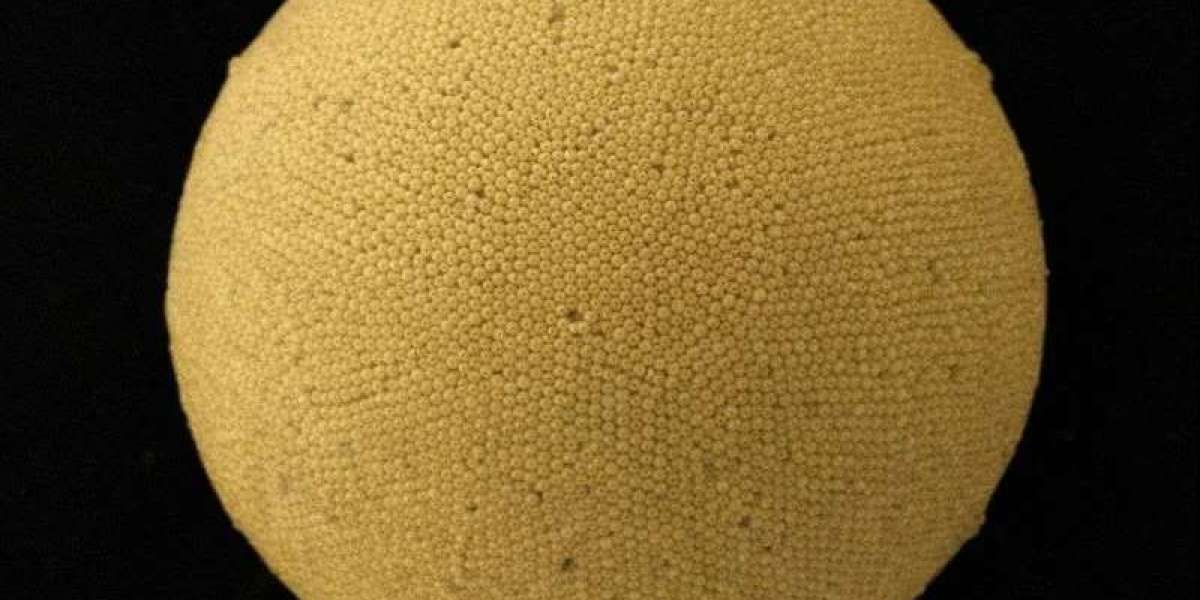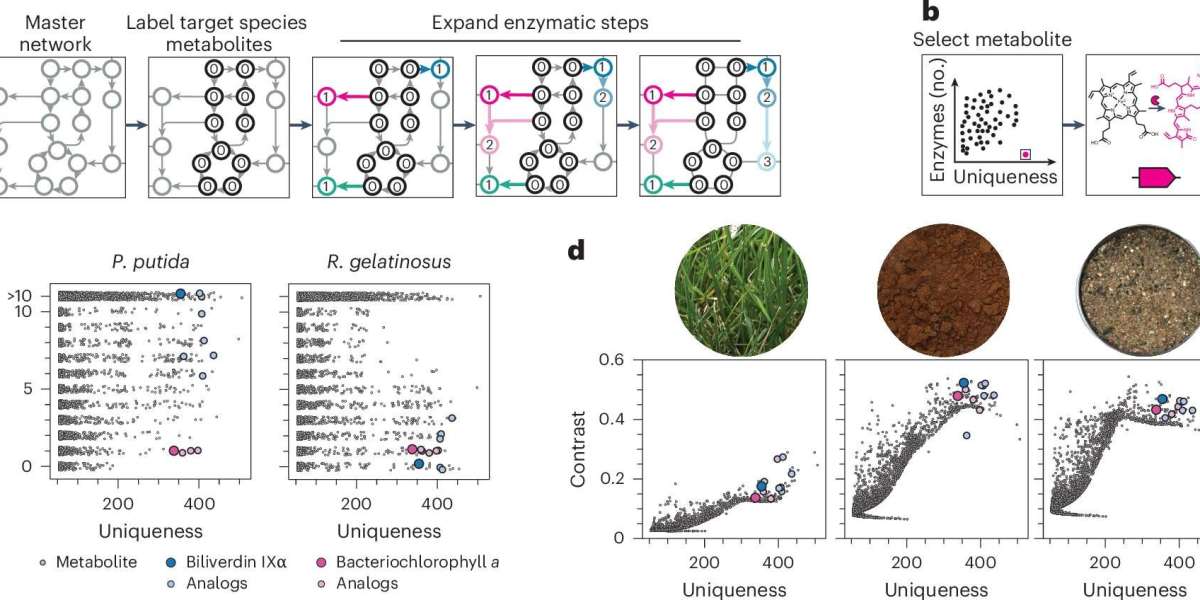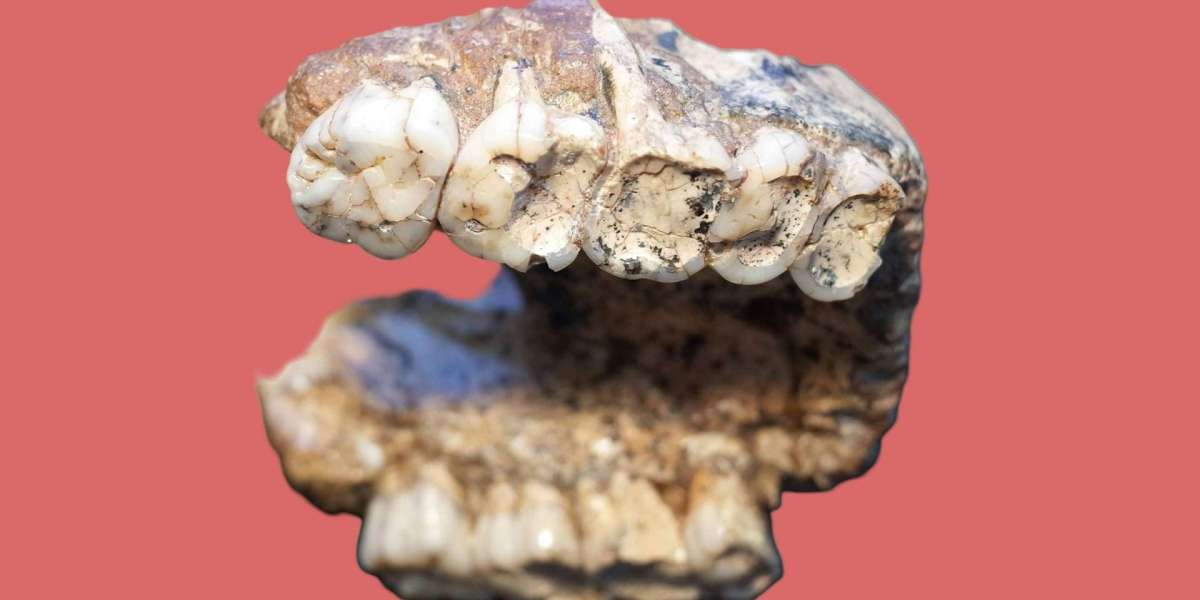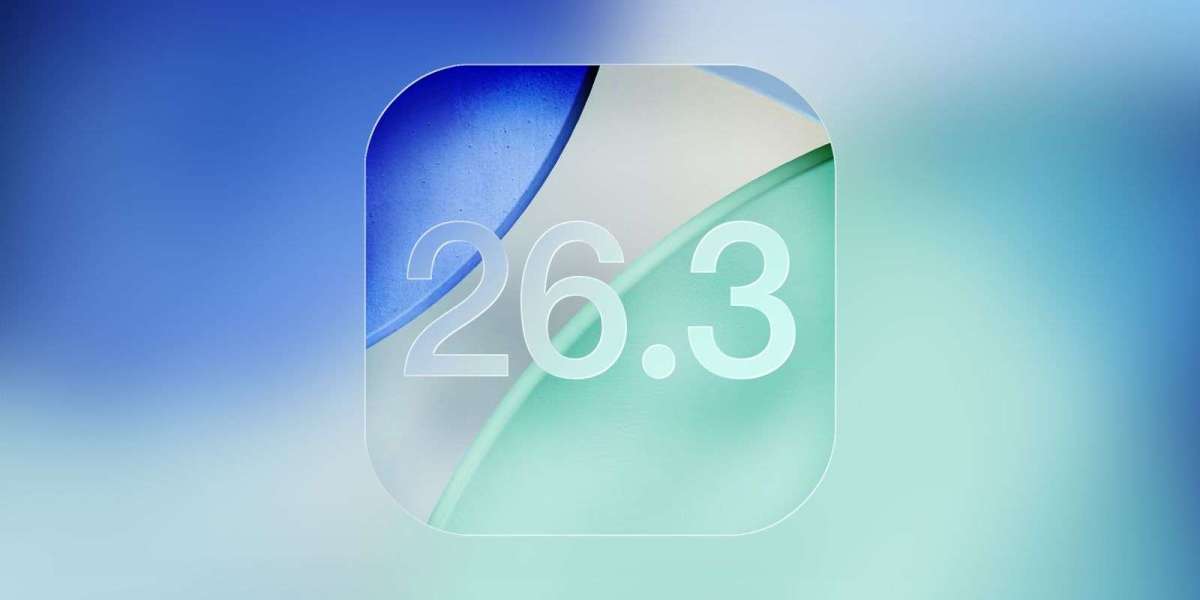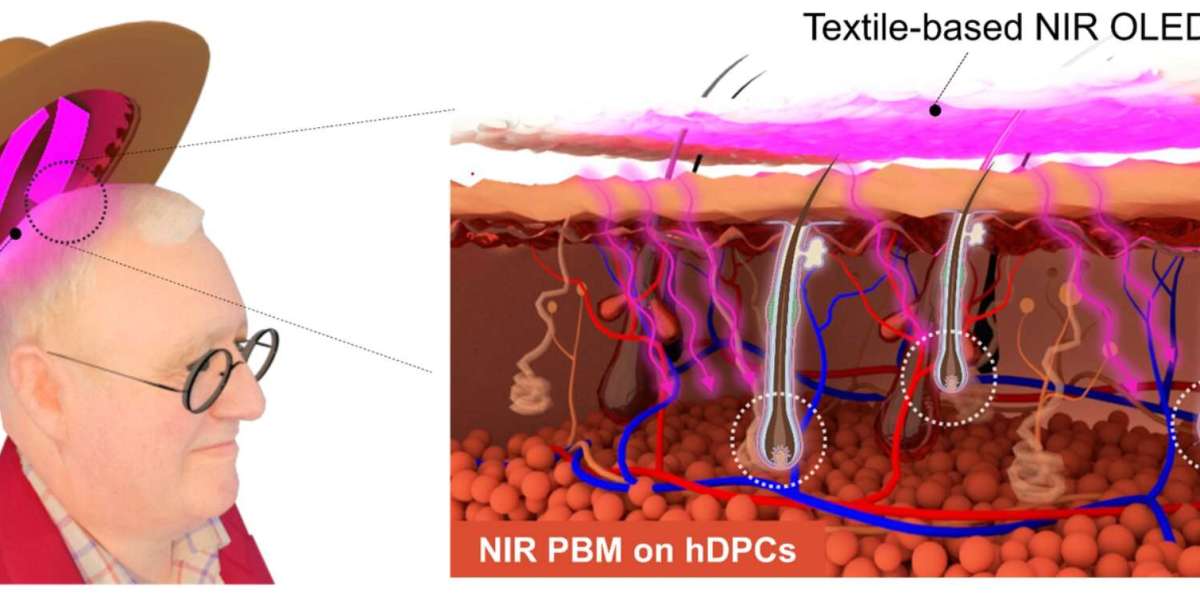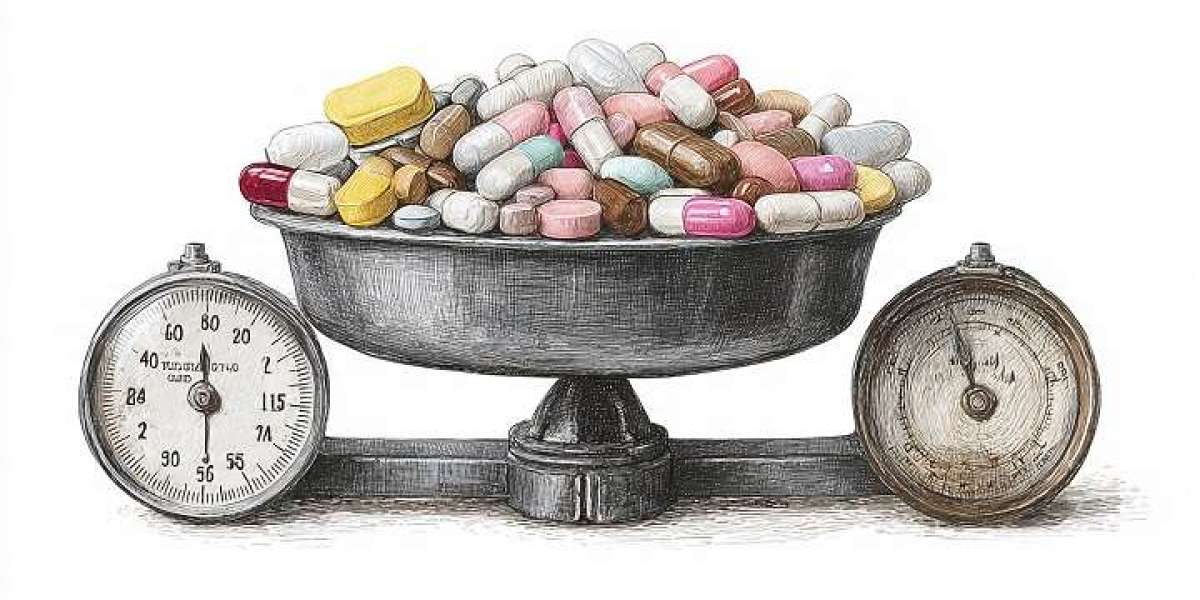article image source: freepik.com (link)
(What will be mentioned below is for advice and is not a substitute for consulting a doctor)
Dates are among the world’s oldest cultivated fruits, prized for their natural sweetness and impressive nutritional value. Whether you enjoy them fresh and juicy or dried and chewy, both forms of dates provide valuable nutrients that support energy, digestion, and overall health. But what truly sets them apart, and which type best fits your needs?
advertisement
Nutritional Differences Between Fresh and Dried Dates
Both fresh and dried dates are rich in vitamins, minerals, and natural sugars. However, their nutritional profiles vary mainly because of their water content. Fresh dates contain about 60% water, making them softer, lighter, and lower in sugar and calories. Dried dates, on the other hand, lose much of their water—down to around 25%—which concentrates their calories, sugars, and nutrients.
According to nutrition experts, a 100-gram serving of fresh dates provides around 140 calories, while the same amount of dried dates contains roughly 275 calories. This makes dried dates more energy-dense and a quick source of fuel, especially for active individuals or those needing an instant energy boost.
Fresh Dates Are Lower in Sugar and Calories
Because of their higher water content, fresh dates are less sweet and contain fewer calories per serving. This moisture contributes to satiety, meaning you feel full faster. That makes fresh dates a good option for people watching their sugar or calorie intake. However, since dried dates are more compact and concentrated, they can be easier to overeat, especially because of their toffee-like sweetness.
Some packaged varieties of dried dates may also contain added sugars or syrups to enhance flavor, so checking labels is recommended. To balance their natural sweetness, pairing dried dates with nuts or seeds can slow sugar absorption and add healthy fats and protein.
Dried Dates Offer More Fiber and Minerals
Despite being higher in calories, dried dates are richer in fiber, calcium, magnesium, and potassium. The dehydration process amplifies these nutrients, making dried dates a powerful source of minerals that support bone strength, muscle function, and heart health.
In fact, dried dates can contain more than twice the amount of fiber as fresh dates, which helps regulate digestion, prevent constipation, and stabilize blood sugar levels. Their dense nutritional content makes them ideal for athletes or anyone needing a natural energy boost.
Fresh Dates Retain More Vitamins and Antioxidants
While dried dates are nutrient-dense, the drying process can reduce certain heat-sensitive vitamins and antioxidants. Fresh dates often contain more vitamin C, vitamin A, and some B vitamins, as well as a higher concentration of antioxidants that help protect the body against oxidative stress and inflammation.
Both fresh and dried dates remain excellent sources of natural antioxidants, but if you’re seeking to maximize vitamin intake, fresh dates may have the edge.
Flavor and Texture Differences
The sensory experience of eating fresh versus dried dates differs significantly. Fresh dates are soft, moist, and slightly caramel-like, offering a delicate sweetness. Dried dates are firmer, chewier, and much sweeter—closer to toffee or caramel candy.
While fresh dates are typically available only during certain seasons, dried dates have a long shelf life and are accessible year-round, making them a convenient staple in many kitchens.
Conclusion
Both fresh and dried dates are gifts of nature, each offering unique benefits. Fresh dates provide hydration, fewer calories, and higher antioxidant content, making them ideal for those seeking a lighter, refreshing option. Dried dates deliver concentrated nutrients, fiber, and minerals, serving as a convenient energy source for active lifestyles.
Rather than choosing one over the other, enjoy both as part of a balanced diet—fresh when in season, dried throughout the year. Whether you savor their sweetness in a morning smoothie, a festive dessert, or simply as a wholesome snack, dates remind us that real nourishment can be both simple and naturally sweet.
Sources
Verywell Health: Fresh vs. Dried Dates: Which Is Better for Fiber and Nutrients?
(https://www.verywellhealth.com/fresh-dates-vs-dried-dates-11824025)Times of India: Fresh or Dried Dates: Which Provides More Fibre, Vitamins, and Minerals
(https://timesofindia.indiatimes.com/life-style/food-news/fresh-or-dried-dates-which-provides-more-fibre-vitamins-and-minerals/articleshow/124555077.cms)
Thank you !
